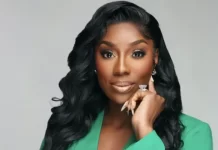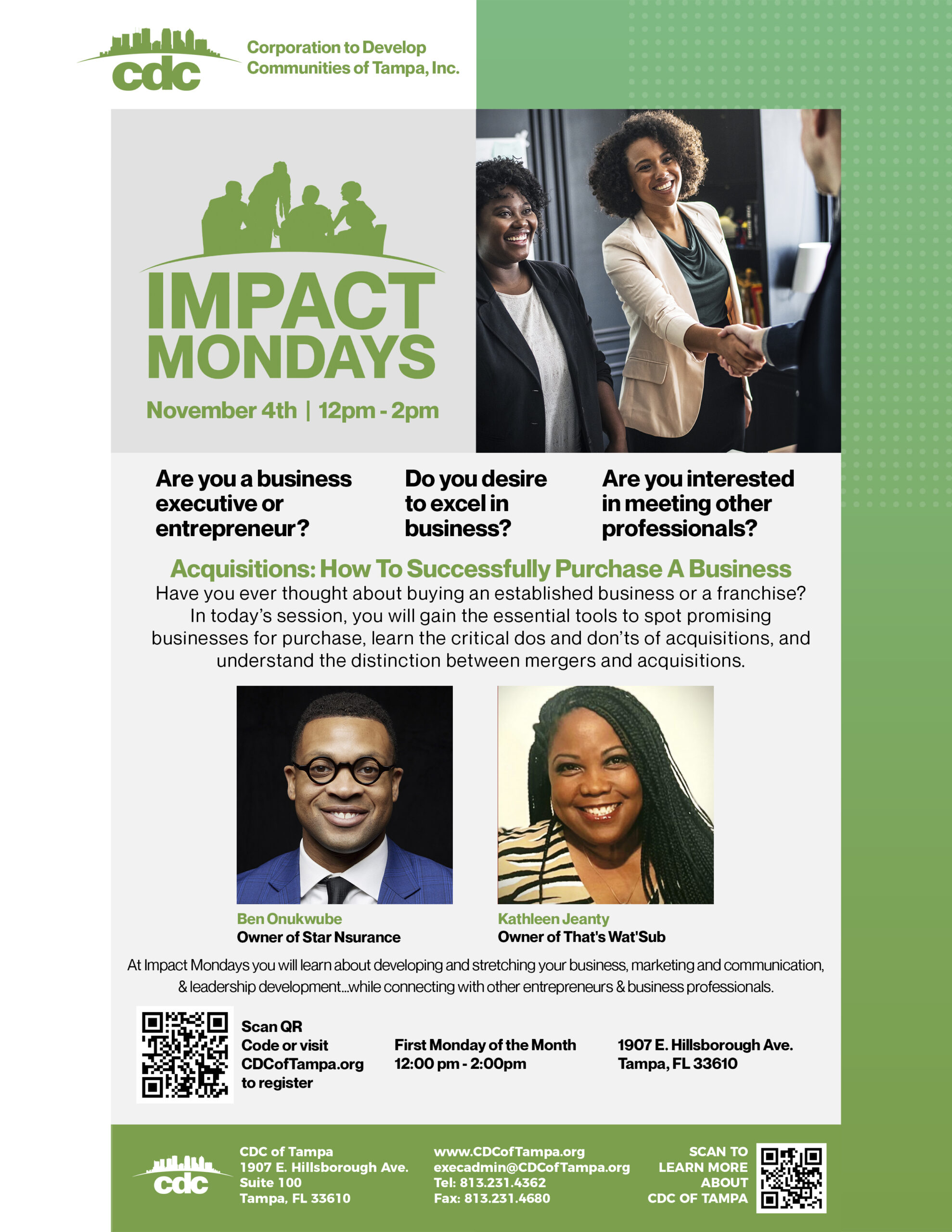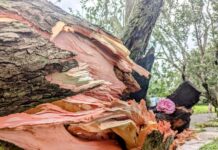By Anne Brice | Excerpted from the Berkeley News
Eniola Fakile’s creations live in another world.
Fakile is a photographer. A performance artist. A filmmaker. A sculptor. A costume designer. She works in textiles, ready-made objects and assemblage. She’s not constrained by what has been or should be. Instead, she expands outward to see how far she can go. When an idea flashes in her mind, she imagines a new universe in which that idea, that creation, lives.
“I’m addicted to making things complicated,” she says. “I can never make something basic and easy. I like chaos of my own making because I made it.”
She builds sculptures. Some that people wear — and that she wears — and often posed meticulously. The harder the costumes are to build, the better. They might be made of fuzzy, neon-colored fabric. Or long, fluffy wigs. Or cotton balls and beads and crumpled tissue paper. Right now, she’s trying to figure out how to build a dress out of concrete — with an emphasis on the word “try,” she says.
As a Master of Fine Arts student in the Department of Art Practice, she says she feels encouraged by the faculty to go further, to push herself into new depths of self-exploration. It’s something she has been compelled to do since she was a kid — to put herself and her ideas out into the world, no matter how painful it might be.
Berkeley News spoke with Fakile about the process of creating art — “It’s 0.1% bravery and the rest is, like, I need to get it out,” she says — and how she’s learning to accept her wide-open nature, even when she doesn’t want to.
Berkeley News: Where did you grow up and what was your childhood like?
Eniola Fakile: I grew up in Stone Mountain, Georgia. I have two lovely immigrant parents who would do anything for me. My parents are from Nigeria. Even though I was born in America, the vibe in my house was like, “Don’t forget that you’re Nigerian. Don’t forget culture and family.” I’m exactly the same as how I was when I was a kid. I wasn’t the kid who everyone was like, “Oh, they’re going to be an artist.” I just did weird stuff. I liked to play outside, and I liked to talk to trees, play in the dirt. I was a bubbly kid. I cried a lot. I still do.
Have you always been interested in creating art?
I feel like I’ve always been doing art. I had an active imagination as a kid. The first time I really got into it was my freshman year of high school. My parents got me my first digital camera when I was a freshman in high school. It was this basic little point-and-shoot thing. I always had my camera with me. I was always taking photos. I took photos of my friends. I took endless photos of trees. I took photos of my feet. I took photos of my hands. I took photos of food. I just really wanted to reintroduce myself to the world through a camera lens.
As a sophomore, I took a film photography class. I fell in love with how physical of a practice it is. It’s learning how to handle things with care, working with chemicals, going out and making mistakes, going out again, making it better.
(Using herself as the ‘model,’ Fakile worked on a video series. Part of one is her exploration of what it means to be a Black woman.)
Eniola Fakile: With each video, I wanted to dig deeper, but then, I also wanted the filming to get better. So, I was trying to progress as a videomaker. I made it over a year, and during that time, I started to become more and more comfortable with myself in front of the camera, talking about these things. And I’m always trying to be really careful about how I talk about being Black in my work because the way I feel about it is complicated.
Don’t get me wrong — I love being Black. But I feel like I want to make work about being Black without being exclusionary. So, I try to make work with little markers that I know other Black people can identify with, but then also everyday things that I know other people will respond to, so that it’s work that anyone can feel connected to. But especially Black people.
So, the series is about all those things. It’s about me as a Black woman dealing with my body image issues or how to deal with my hair. But it is also about me as a person dealing with the stress of everyday life, imposter syndrome, not feeling like I’m good enough. All of those things.
Berkeley News: How do you approach creating art? Once you get an idea, where do you begin?
Eniola Fakile: Every time I start a new series of work, I buy a journal, and I write down what I want to talk about. The process involves a lot of crying. It involves watching the same things over and over again to get the design juices flowing. Like, I’ll watch New Girl over and over again. I’ll watch Cruella — love that movie. The Devil Wears Prada. There’s a show called A Discovery of Witches with a season set in Elizabethan England.
When I get an idea for a sculpture or costume or whatever you want to call them — I still don’t have a name for them — it’s like a quick flash in my mind. I’ll do a really quick, messy sketch. Then, I try my best to build it. And it changes along the way.
My ideas manifest out of everyday things, like a hamburger. I’ll think: What is a hamburger? What if that hamburger had feelings? How do I turn that into a shoe? It sounds ridiculous. It involves a lot of fantasy and imagination, and I love doing it.
See more of Fakile’s work on her website and Instagram page.
The post U.C. Berkeley Student Artist Eniola Fakile’s Work Takes on Chaos as Theme first appeared on Post News Group. This article originally appeared in Post News Group.
The post U.C. Berkeley Student Artist Eniola Fakile’s Work Takes on Chaos as Theme first appeared on BlackPressUSA.
















